The recent Marc Marquez transfer saga has sent shockwaves through the MotoGP paddock, exposing deep-rooted structural issues within Honda Racing Corporation that extend far beyond a single rider's departure. What began as murmurs about contract dissatisfaction has snowballed into a full-blown crisis for the once-dominant Japanese manufacturer, laying bare the erosion of its racing philosophy in the face of evolving motorcycle dynamics and corporate inertia.
At the heart of Honda's decline lies a fundamental misalignment between its engineering culture and the demands of modern MotoGP. The manufacturer's traditional strength - building ultra-stable, high-revving machines that rewarded precision riding - has become its Achilles' heel in an era where aggressive aerodynamics and tire management dictate performance. While European manufacturers embraced radical design philosophies, Honda's incremental approach to development left its riders wrestling with an increasingly uncompetitive package.
The Marquez predicament perfectly encapsulates Honda's institutional blind spots. For years, the team relied on the Spanish phenom's supernatural talent to compensate for the RC213V's shortcomings, creating a dangerous dependency. When Marquez's riding style evolved following his career-threatening arm injury, requiring a more forgiving chassis, Honda's rigid development timeline couldn't adapt quickly enough. This failure to support its star rider during his most vulnerable competitive period marked the beginning of the trust breakdown.
Behind the scenes, Honda's corporate structure has hampered its racing program. Decision-making processes bound by Japanese business traditions move at glacial pace compared to the rapid iteration cycles of Ducati and KTM. Where European factories treat their MotoGP efforts as cutting-edge R&D laboratories, Honda's racing division increasingly appears as just another corporate division constrained by budget approvals and risk-averse middle management.
Technical stagnation tells only half the story. Honda's human resource management has equally contributed to its downfall. The departure of key engineers to rival manufacturers - some taking institutional knowledge directly to competitors - reflects deeper dissatisfaction within the racing division. Meanwhile, the failure to develop a clear successor to Marquez highlights systemic shortcomings in talent nurturing, leaving the factory without a credible plan B when its superstar began eyeing the exit.
The rider market dynamics further exposed Honda's diminished standing. Where top talents once clamored for factory HRC seats, the current generation views Honda as a career risk rather than a dream destination. Young riders like Jorge Martin openly prefer satellite Ducatis over factory Hondas, while established stars like Pecco Bagnaia never seriously considered defecting despite Honda's overtures. This perception shift speaks volumes about how far the mighty have fallen.
Honda's crisis mirrors challenges facing Japanese manufacturers across motorsports. Yamaha's parallel struggles in MotoGP, Toyota's recent Formula 1 setbacks, and Nissan's withdrawal from international racing all point to structural issues in how Japanese corporations approach modern motorsport. The common thread? An inability to match the flat organizational structures and rapid prototyping cultures of their European counterparts.
Financial considerations compound these technical and managerial woes. Honda's board appears increasingly reluctant to approve the massive budgets required to close the development gap, especially as the company pivots toward electric vehicles in its consumer division. This creates a vicious cycle - without competitive results, justifying massive racing investments becomes harder, leading to further performance declines.
The Marquez saga should serve as a wake-up call, but insiders question whether Honda's leadership fully grasps the scale of transformation required. Cosmetic changes like hiring European engineers or increasing testing days won't suffice without addressing fundamental issues in corporate culture and decision-making. Meanwhile, the clock is ticking - every race weekend that passes with Honda languishing at the back of the grid further erodes its brand prestige and makes talent recruitment harder.
Perhaps most damning is Honda's loss of identity. The manufacturer that once defined racing excellence through technical innovation now appears as a relic of past glory. Its bikes lack the raw power advantage of the 990cc era, the handling finesse of its 800cc dominance, or the electronics mastery that marked early MotoGP seasons. Without a clear competitive philosophy beyond hoping its riders can perform miracles, Honda risks becoming just another grid filler rather than the benchmark it once was.
As Marquez likely departs for greener pastures, Honda faces its most profound existential crisis in six decades of grand prix racing. The solutions require more than technical fixes - they demand nothing short of a corporate revolution in how Honda approaches competition. Whether the proud Japanese manufacturer can swallow its pride and undertake such radical transformation remains the defining question for MotoGP's next era.
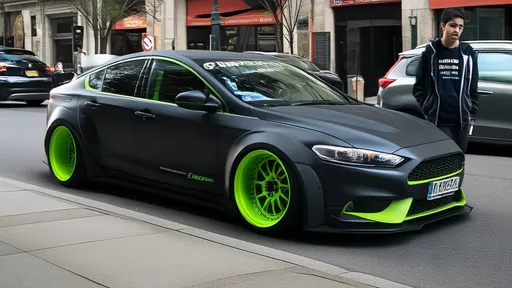
By /Jun 15, 2025
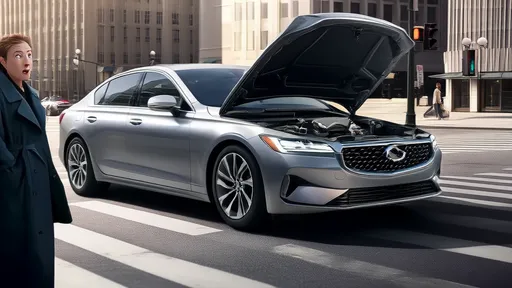
By /Jun 15, 2025

By /Jun 15, 2025

By /Jun 15, 2025
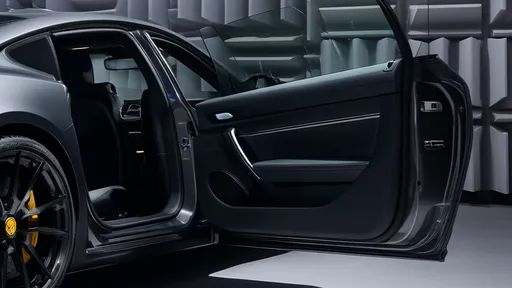
By /Jun 15, 2025
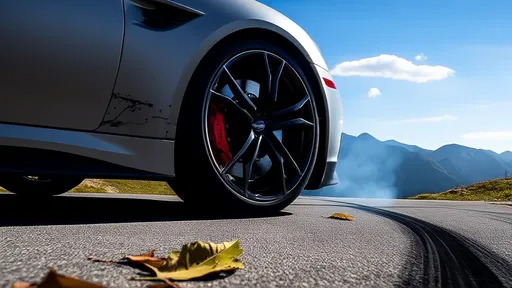
By /Jun 15, 2025
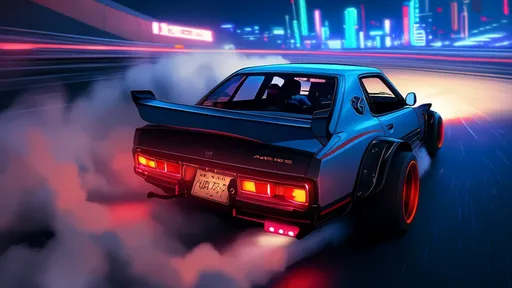
By /Jun 15, 2025
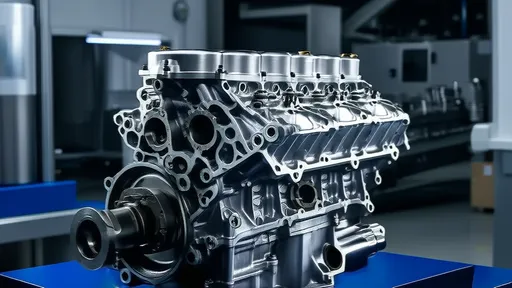
By /Jun 15, 2025
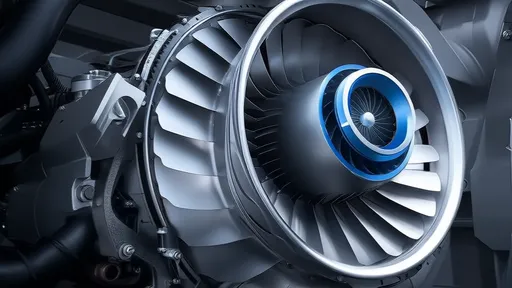
By /Jun 15, 2025
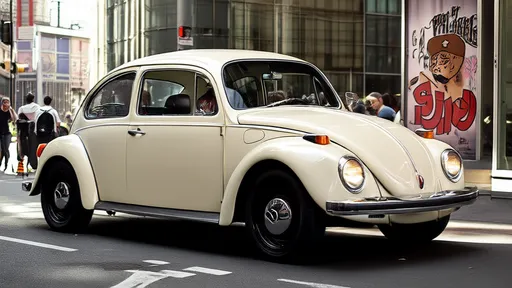
By /Jun 15, 2025
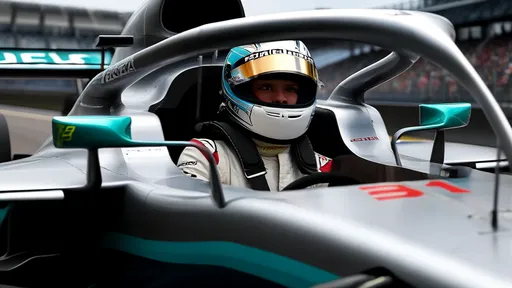
By /Jun 15, 2025
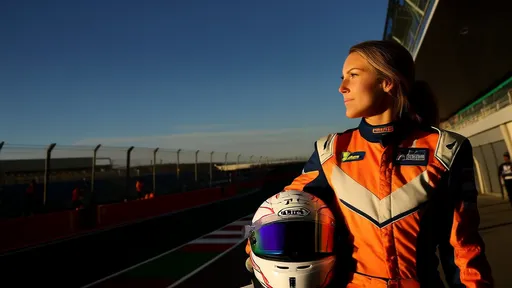
By /Jun 15, 2025
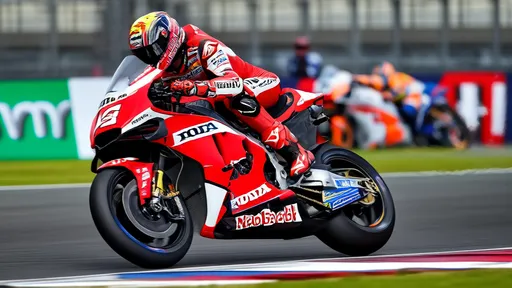
By /Jun 15, 2025
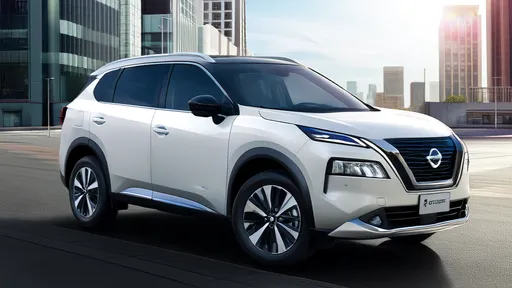
By /Jun 15, 2025
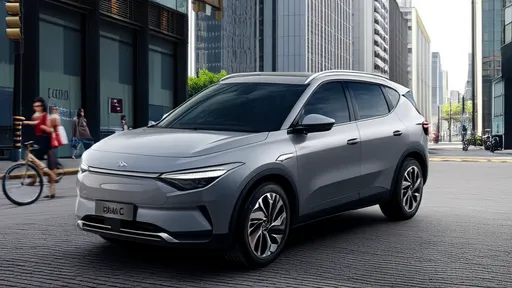
By /Jun 15, 2025
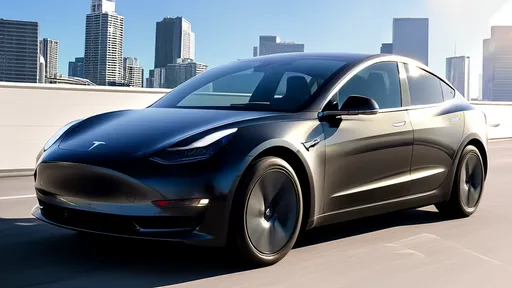
By /Jun 15, 2025